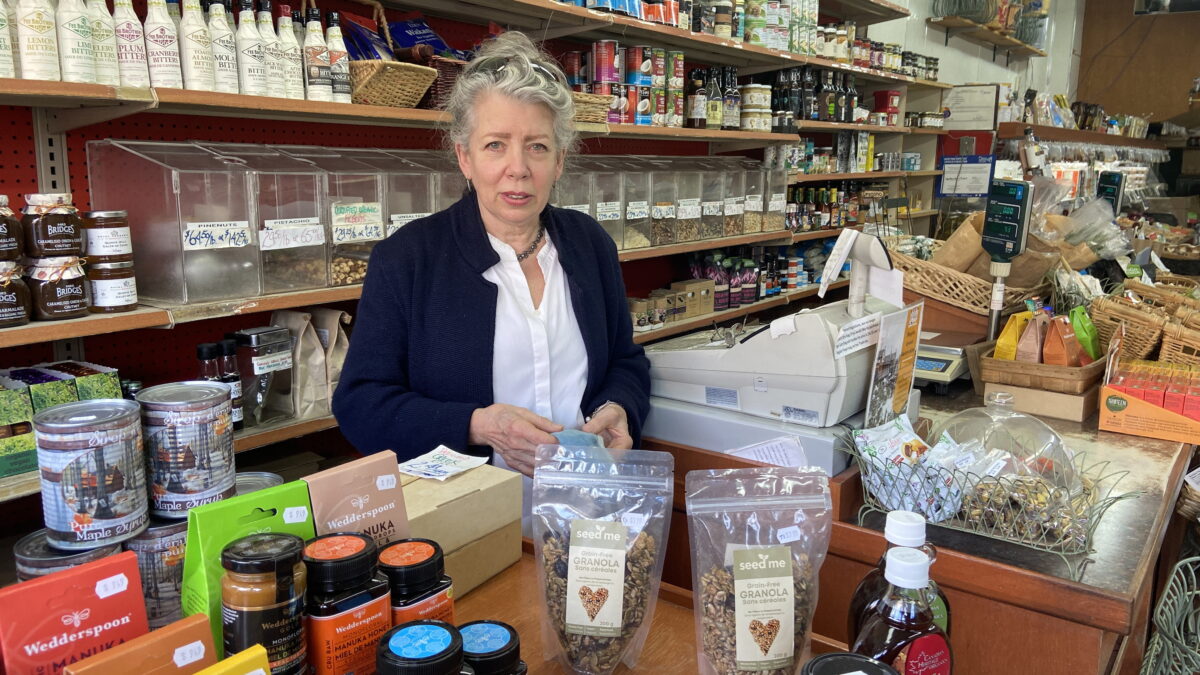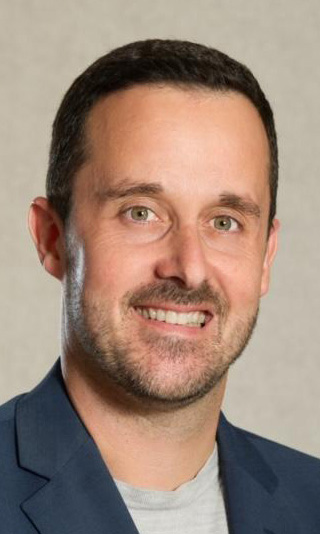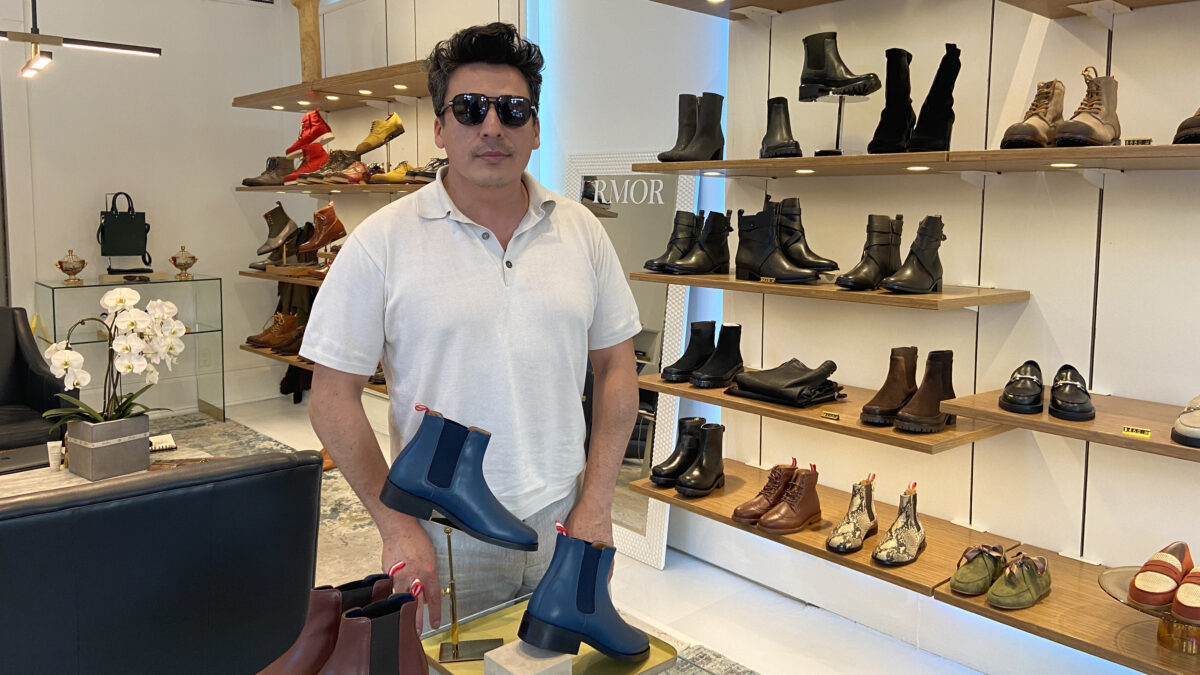Homelessness in Ottawa’s ByWard Market is a chronic problem, one that has been around for decades. But the situation for the unhoused has worsened in the wake of the COVID-19 pandemic. Business owners, community members, and the people experiencing homelessness themselves are all worn out.
Amid this frustration, Ottawa police want to increase their presence in the Market by setting up shop in the Rideau Centre in February. The proposal will be discussed and voted upon at the Ottawa Police Services Board on Monday.
John Rmor, whose Sussex Street shoe store was broken into twice in August, described the proposal as a “very good step,” but he said problems in the Market are greater than a shortage of police on the street.
“The situation we are suffering from is getting bigger than we thought. Nothing changes. You lose hope, even your dignity,” said Rmor. The loss of nearly $40,000 in merchandise in the break-ins has him concerned about the future of the Market.
He is among the business owners calling for dramatic change and solutions that include more government support for homeless people, addiction and mental health issues.
Rmor calls for a more aggressive solution that would take homeless people off the streets and give them jobs in factories.
“We must teach homeless people new skills that will make them feel valued. I think the biggest reason behind homelessness is economic,” he said.
“We need to focus on how we can help them get back to themselves.”
– John Rmor, business owner
Zachary Dayler, is also looking for solutions. The executive director of the ByWard Market District Authority says the large number of people without a home in the area is because services are in the city centre.
Dayler added the pandemic played a large role in shaping what the streets look like today. He encourages people to think about the pandemic as a multi-system trauma. “We really do not know what’s broken and not broken,” he said.
‘Like putting lipstick on pig’
Rideau-Vanier Coun. Stéphanie Plante said 80 per cent of her correspondence is about homelessness that has significantly worsened since the return to “normal” following the pandemic. She said revitalizing the Market without addressing homelessness is like “putting lipstick on a pig.”
“When we talk about people who do not have a place to go, that is a core issue. If you do not have a home, you are only thinking about the next five minutes, you are not thinking about the next five years,” she said.
When it comes to solutions, people must turn to organizations that work closely with the homeless community. Stephen Bartolo, CEO of the Shepherds of Good Hope shares his concerns for people on the street heading into the winter months. “All of the shelters are at maximum capacity,” he said.
According to the Homeless Hub, 57 per cent of shelter users stayed more than 100 days in 2021, which Bartolo said is the measure of chronic homelessness.

Miriam Farbiasz, owner of the ByWard Fruit Market, said her main concern is how the crisis is affecting the overall appeal of the Market, for the public and for vendors. “We have lost many farmers who used to come to sell their products over previous years. This is what concerns me more than anything else,” she said.
When it comes to finding solutions, Dayler notes that he doesn’t think that it is up to one person. “I think it just comes to a fundamental shift in agreement in terms of what’s important to us as a city.”
Dayler stated that there needs to be more presence on the street that doesn’t just include the police. “That could be social workers, that could be special constables,” he said, encouraging direct action from these bodies.
“No one wakes up in the morning and says ‘I would like to experience homelessness’.”
– Stephen Bartolo, CEO, Shepherds of Good Hope

To Bartolo, homelessness is a systemic problem. Housing affordability and the ongoing health crisis contribute to the amount of people on the street.
He added that the toxic drug crisis plays a large part in the issues that businesses face in the Market, as it contributes to the amount of theft. He explains that, if homeless people were given a safe supply of drugs, they’re not have to go out on the street to find ways to make money to satisfy their addiction.
“That has a direct correlation to a reduction in thefts, but also a direct correction in [fewer] overdoses and deaths,” he said.
Bartolo said the Shepherds is part of the homelessness solution and not the problem. He calls for a city-wide approach.
“We need to look at it through a more compassionate lens. Sometimes we’re no longer even humanizing these individuals who are experiencing horrific trauma,” he said.
To end the homeless crisis in the city, Bartolo says everyone has to come to the table with a certain level of curiosity and understanding of people experiencing homelessness, and they have to look at the big picture.
Dayler says that homelessness needs to be treated as a pandemic in itself. He warns people that unless we come together globally to address this, we will simply see new variants pop up decade after decade.
“I think the pandemic was a really good example that [showed us] if we want to change gears, we can change gears. We just need the political will to do it,” he said.
Correction: This story has been updated to correct the spelling of Zachary Dayler’s last name.




